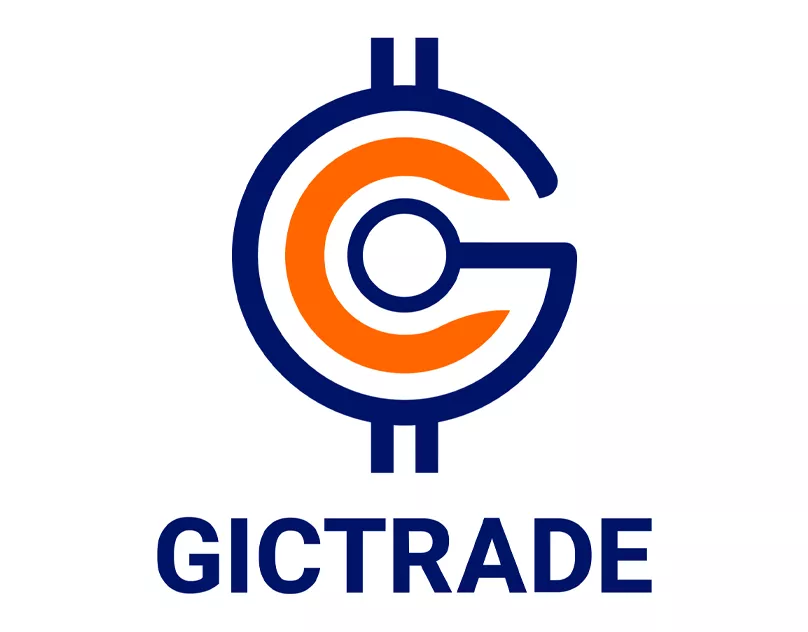5 Common Trading Mistakes Traders Must Avoid

Mistake 1: Not Having a Clear Plan
Mistake 2: Overtrading and Overleveraging
Mistake 3: Poor Emotion Management
Emotions like fear and greed can be a trader’s worst enemies. When overly fearful, you may miss good opportunities. Conversely, if you’re too greedy, you may ignore warning signs and enter positions without careful thought. It’s crucial to recognize your emotions and develop emotional management skills to stay calm and rational in trading decisions.
Mistake 4: Failing to Learn from Mistakes
Every trader has faced losses. However, the biggest mistake is not learning from those losses. Ignoring lessons from bad trades may lead you to repeat the same patterns. Every loss is a chance to grow and improve your strategy. Record each trade, analyze the results, and identify areas for improvement.
Mistake 5: Ignoring Fundamental and Technical Analysis
In trading, there are two main approaches to analyzing the market: fundamental analysis and technical analysis. Both play important roles in helping traders make well-informed and rational decisions. However, traders often make the mistake of neglecting one or even both types of analysis.

GIC offers a complete service for beginners in trading to understand the trading world holistically through GIC Academy. As a comprehensive educational system in Indonesia, GIC Academy includes end-to-end learning facilitated by Professional Educators in the futures market. The services offered include:
- Digital education platform via GICTrade’s YouTube channel.
- Workshops with Professional Educators.
- Group classes on Telegram.
- VIP group for daily analysis and signals.
Benefits of GIC Academy
- A comprehensive solution for learning forex trading from scratch.
- Diverse educational content.
- A variety of Educator options.
- Classes starting from zero cost.
GIC Academy Programs
Beginner Classes
For those just starting as traders, GIC offers free access to basic trading education videos on their YouTube channel. Here, you’ll learn fundamental concepts in the trading world. You can also read educational articles geared toward beginners on GIC’s website.
Advanced Classes
For traders seeking in-depth lessons and mentorship, GIC provides advanced classes held twice a week via Zoom Meetings. You can sign up and view the schedule on GIC's official Instagram account. Supporting reading materials for advanced learners are also available on GIC’s website.
Professional Classes
This option is for individuals looking for intensive learning with hands-on mentor guidance, including live trading exercises with an initial deposit. To sign up, contact the Admin through the link in the Instagram bio (@GICTrade). Like the beginner and advanced classes, additional reading materials for professional traders are available on GIC's website.
FAQs (Frequently Asked Questions)
What should I do if I’ve made one of these trading mistakes?
If you've made any of these mistakes, don’t panic. First, acknowledge the mistake and look for lessons learned. Next, re-evaluate your trading plan, reset your goals, and consider additional training on risk management and market analysis.
How can I manage emotions while trading?
Managing emotions in trading requires practice and patience. One effective method is to have a clear trading plan and stick to the rules. Additionally, practicing meditation or other relaxation techniques can help you stay calm and focused in tense situations.
Are there any books or learning resources you recommend for beginners?
Absolutely! Books like Market Wizards by Jack D. Schwager and Trading in the Zone by Mark Douglas are invaluable reads for beginners. Many online trading platforms also provide educational materials, webinars, and video tutorials to help you understand the basics of trading.
What technical indicators should I pay attention to?
Commonly used technical indicators include Moving Averages, the Relative Strength Index (RSI), and Bollinger Bands. However, remember that no single indicator is perfect. Combining multiple indicators can provide stronger confirmation before making a trading decision.
Can you explain more about risk management?
Risk management involves managing position sizes and setting stop losses. As a general rule, it’s wise not to invest more than 2% of your trading capital in a single trade. Additionally, set a stop loss for each trade to protect your capital from major losses.
Conclusion
In the challenging world of trading, avoiding mistakes is essential for long-term success. By developing a clear plan, managing emotions, and learning from experience, you can build a successful trading career. Remember, trading is a journey that requires patience and determination. Keep honing your skills and stay open to change to adapt to the ever-evolving market dynamics.
| Also Read : A Complete Guide to Technical Analysis for Beginners |
 Last:
Last: 







